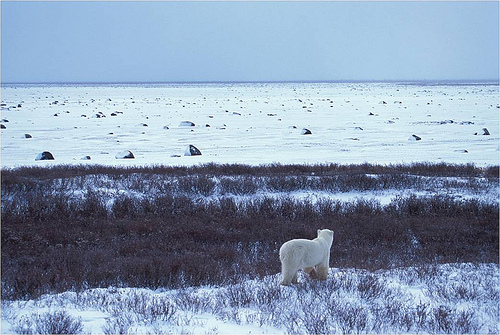Seeing (less) red: Bark beetles and global warming
This post contributed by Jesse A. Logan, retired research entomologist living in Emigrant, Montana. The Greater Yellowstone Ecosystem (GYE) is an ecological reserve of regional, national and international significance. This collection of National Parks, National Forests, wildlife reserves and tribal lands is generally recognized as one of the last remaining large, nearly intact, ecosystems of the Earth’s northern temperate region….
